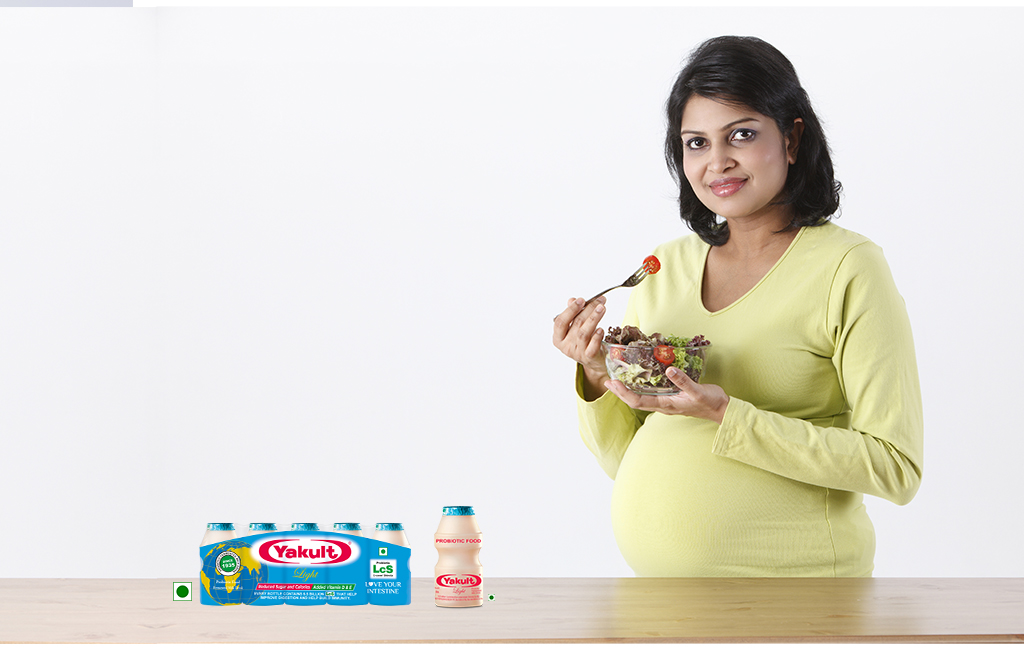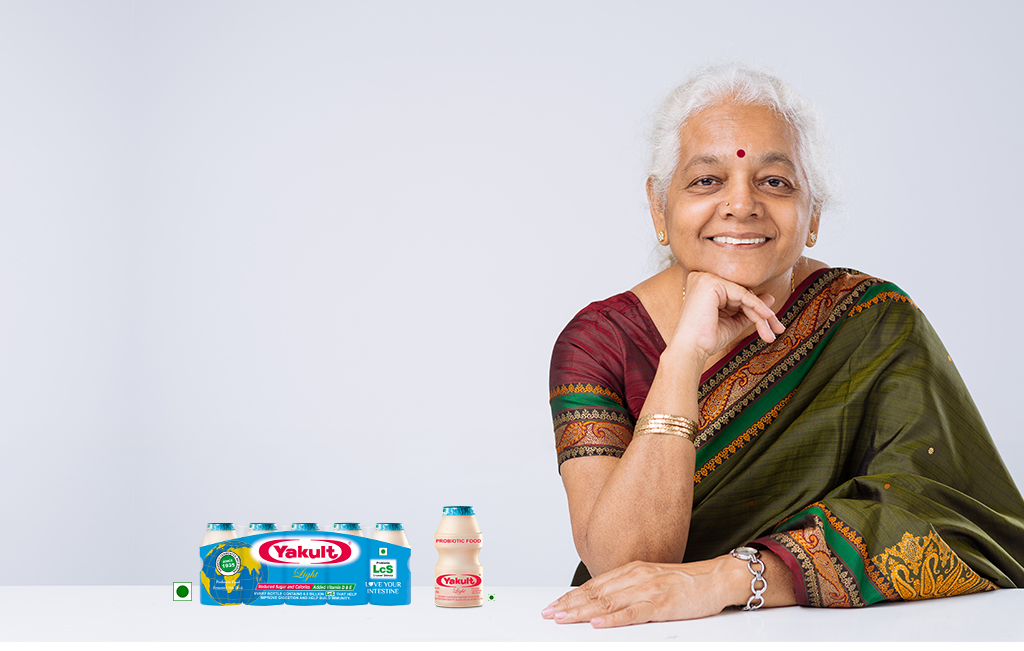It’s hot, it’s humid, it’s cold, it’s raining!! Whatever the season, there is one thing that we will continue to have every-day – that tall glass of milk!! It is because of the protein, calcium, vitamins and minerals that milk gives us.
So be it a glass of cold coffee on a hot summer day or a cup of hot chocolate on a dreary winter morning, milk is an essential part of our daily diet. What makes something an integral part of your diet? The answer is simple – the value it brings to our health.
We have heard time and again, a balanced diet and an active lifestyle is the key to good health. But it is the intestine that is responsible for proper digestion of food. A weak or sluggish intestine leads to poor absorption of nutrients and increases the risk of developing nutrient deficiencies. This in turn makes you irritable, restless and tired.
Have you ever wondered about Probiotics uses? Why including them as a part of the daily diet is so essential. It is simply because they are crucial in keeping the intestine healthy and also help in absorbing the maximum nutrition from the food that you eat. Probiotics are beneficial bacteria which increase the good bacteria in the intestine without which the intestine cannot work well.
A combination of a balanced diet and a healthy intestine prepares you for the entire day, by boosting energy and stimulating the body’s metabolism. So, who needs a probiotic and when do you start?
Children

The road to good health starts at an early age. Childhood is a critical period for growth and development. Mothers are always worried about their children and often ask themselves, is my child eating right? Is he getting the right nutrition? Children who eat the right amount of nutritious food and are active, lay the foundation for a healthy life.
In addition, including a probiotic food for a healthy intestinewill help nutrient absorption and provide energy. It will help improve metabolism, bone and muscle strength so that the body becomes stronger and the stamina increases. Not only that probiotic foods help to build immunity and reduce the risk of childhood infections and allergies.
Adults

Probiotics are not just for children. As adults, we are constantly worried about work and family, lead hectic everyday lives, often do not get adequate sleep and resort to “on the go foods”. We hardly find the time to realize the impact that this has on our health. Our intestine is often most affected, and the body sends its own warning signals.
We experience indigestion, acidity and irregular bowel movements. Diseases like diabetes and cancer are also linked to poor intestinal health. Probiotics help to improve digestion by reducing harmful bacteria in the intestine and their toxins. Evidence supports the role of probiotics in maintaining wellness by improving the immune system, maintaining bowel movements and reducing the risk of lifestyle diseases. An interesting study on athletes showed that the risk of common cold and cough was halved when they consumed a probiotic for sixteen weeks. Another population based study conducted in Japan on women in the age group of 40- 55 years revealed that consumption of a probiotic fermented milk drink at least four times in a week may be useful in lowering incidence of breast cancer. The benefit in both studies was because of the role of probiotics in helping to build immunity.
Pregnant Women

Another question that comes to mind is whether probiotics are useful during pregnancy? When you are expecting your baby, there are phenomenon changes taking place in the body. The digestive system slows down due to which pregnant women often suffer from irregular bowel movement or constipation, indigestion and bloating. Probiotics taken regularly during pregnancy help to increase the weekly bowel movement and soften stools. They also restore the bacterial flora and may be helpful in reducing female urogenital problems such as bacterial vaginosis, yeast infection, and urinary tract infection.
Elderly

With age, the intestine becomes weak and digestion of food becomes slower causing irregular bowel movement. The number of harmful bacteria also increases as we age. The intestine is considered as the key target organ to improve the health of the elderly. Probiotic bacteria produce lactic acid or acetic acid which helpsto decrease the harmful bacteria, improve digestion and may ease constipation woes.Lactose intolerance is a common problem and becomes worse with age. Probiotic bacteria help to digest milk and milk products better by producing an enzyme (lactase) that digests the milk sugar – lactose.
Elderlypeople also have a weak immune system, a condition known as immunosenescence.This predisposes them to increased risk of infections. Clearly any strategy that can boost immunity in the elderly is welcome. Probiotics are known to increase the activity of Natural Killer Cells and increase antibody production in the elderly and reduce risk of viral infections.
Anyone and everyone above the age of one year can include a probiotic as a part of the daily diet for better intestinal health.As the old saying goes, it takes two to tango. A Nutritious Diet and a Healthy Intestine go hand in hand and it takes both to ensure a HEALTHY YOU.
